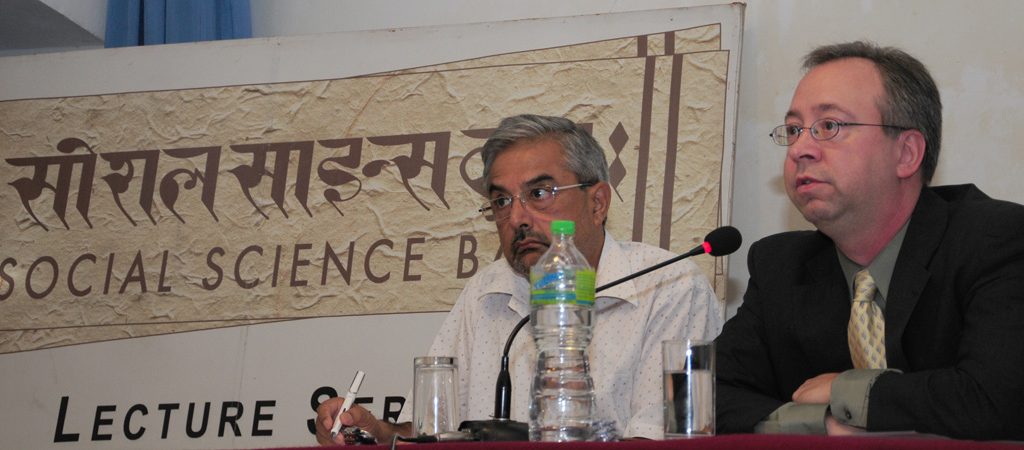Lecture Series
The Path to Prosperity for Developing Economies

William Ruger
on
The Path to Prosperity for Developing Economies
Adam Smith wrote over 200 years ago that ‘Little else is requisite to carry a state to the highest degree of opulence from the lowest barbarism but peace, easy taxes, and a tolerable administration of justice: all the rest being brought about by the natural course of things’. His general recipe for development is still relevant today. Most importantly, this recipe means that we need to rely on ‘social power’ rather than ‘state power’. Governments have a proper role to play, but it largely needs to leave society alone so that individuals can trade, use their local knowledge, and take advantage of their comparative advantages.
This lecture will argue that developing economies need well-functioning institutions that keep peace (both domestically and internationally) and administer justice. In particular, governments need to focus on protecting broadly understood private property rights. In the economic realm, that means that individuals need to be able to safely invest their money, build businesses, and allow their entrepreneurialism to take wing without fear that governments will step in and destroy those efforts. Where property rights are ill-defined, the government needs to properly assign and protect those rights. It also means that the government needs to protect the freedom to contract, and enforce contracts if need be. It needs to protect the powerless from the powerful who aim to rent-seek contrary to the public good or whose persons and property are threatened or violated by other citizens.
However, institutions are not enough. A prosperous society will have a certain culture conducive to both economic activities and good government. First and perhaps foremost, the norm of probity in official affairs must be built and nurtured. Government can help by prosecuting the corrupt – though this is often like asking the wolf to guard the henhouse. So, it is critical that people themselves push political actors to oust corrupt officials and expose corrupt practices. And, individuals must shame those who engage in corruption. Second, certain bourgeois virtues must be fostered, especially cultural approval of work, tinkering, and entrepreneurship. A strong work ethic must be developed as part of the informal education of youth. In short, economies need to be supported by a flourishing civil society and citizens of a certain character.
* * *
Listen to or download lecture in audio format
William Ruger is an Associate Professor in the Department of Political Science at Texas State University and an Adjunct Assistant Professor at the LBJ School of Public Affairs at the University of Texas-Austin. He earned his PhD in politics from Brandeis University. Professor Ruger has authored a biography, Milton Friedman, and is also the co-author of The State of Texas: Government, Politics, and Policy and Freedom in the 50 States and An Index of Personal and Economic Freedom. His recent scholarly articles appeared in International Studies Quarterly, Armed Forces and Society, and State Politics and Policy Quarterly.
(This lecture was organised in collaboration with Samriddhi, The Prosperity Foundation.)
